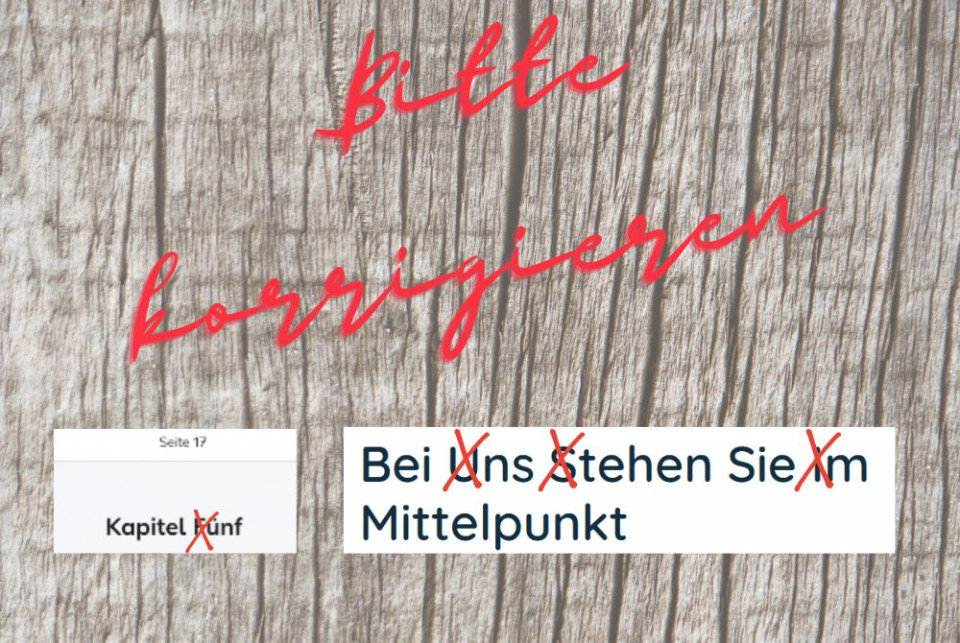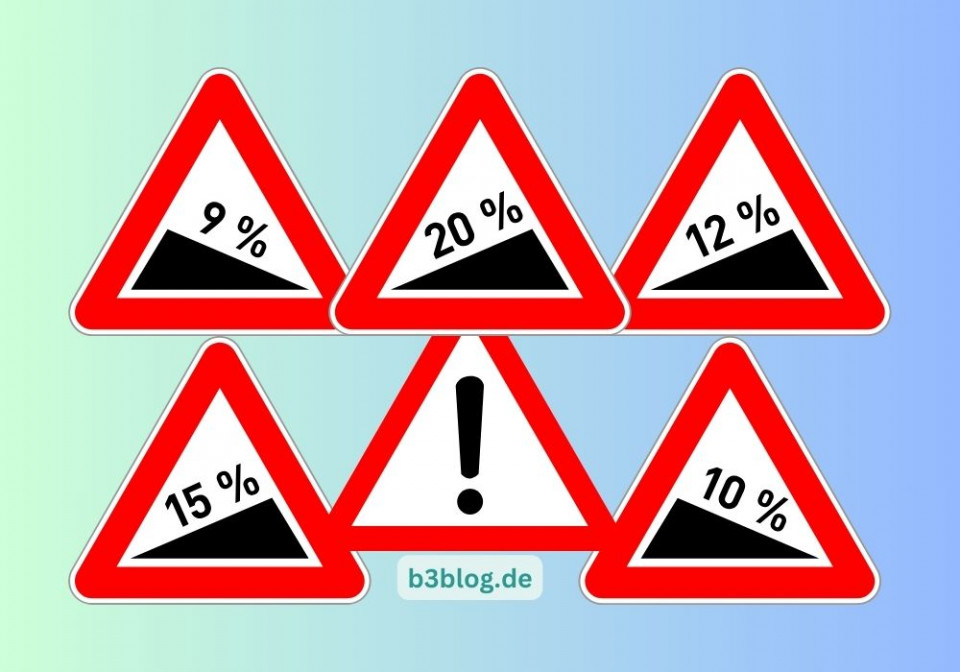Let technology do the writing
Texting with AI is currently the big topic: ChatGPT from OpenAI is causing discussions about the possibilities and limits of texts generated using artificial intelligence, and DeepL, previously known for machine translations, is now also presenting the beta version of a service for machine-generated texts with DeepL Write. On the importance of artificial intelligence and chatbots, we also recommend the interview with Dr. Cäcilie Kowald in the b3b blog Interview mit Dr. Cäcilie Kowald im b3b-Blog.
It's not possible without people
Consciously harnessing the possibilities of technology, utilizing human knowledge sensibly - finding the right balance is our focus at B:Tech. Our work environment cannot function without people. A simple example: text proofreading. We take it for granted that texts should somewhat adhere to the prevailing spelling rules (to put it mildly ;)). Correct writing has nothing to do with being a know-it-all or nitpicker. Behind effective texts lies a different calculation: texts that adhere to spelling rules are easier to read and therefore connect better with their target audience than texts with spellings that may suggest innovative creativity, but whose meaning remains hidden from the reader.
Spell check alone is not enough.
Numerous spelling check options are available on the internet and as software. However, all technological aids sooner or later encounter their limits. Because language is so much more than a logically explainable sequence of letters, words, and sentences. The German language is complicated and full of exceptions - a rich treasure for all word acrobats. But technology alone is not sufficient for correction when it comes to more than just typos. The image shows two random findings, examples of incorrect spellings that appear to be correct and may not necessarily be detected by every technology.
Reading a lot is good, but what are we reading?
Reading a lot is said to help in internalizing spelling, but this principle encounters limits when what is being read is incorrect. Just like in "Chapter Five" (see image). The chapter heading comes from a reading program for children learning German as a second language, from a major educational media publisher. It's spelled incorrectly. Numerals should be written in lowercase: number one, point two, paragraph three, question four, chapter five. If a child sees capitalization of the number above each chapter in all the books of the program, this incorrect spelling will be memorized. Unfortunate situation.
German spelling, not English.
In the other example (see image), English spelling clashes with German, leading to conflict. In English headlines, all words are famously capitalized. In German headlines, this is not the case; the usual spelling rules apply even to title lines. (A little tip by the way, because it's often done wrong far too often nowadays: Adjectives are written in lowercase in German. Normally.) How can this misspelling happen? I've experienced it myself: You use a software / an app / a program based on English spelling rules, without it being immediately recognizable. And whoosh, the painstakingly followed German capitalization and lowercase usage is automatically transformed into the English system. Of course, it can be changed back, but sometimes that requires programming knowledge if the code needs to be adjusted accordingly.
Language remains complicated.
Remember: Adjectives and numerals are written in lowercase. Okay, normally. German language, complex language, even in the era of artificial intelligence (let's be honest: Who could ever master this language, which seems to have more exceptions than rules?). That's also why: A human editor is not infallible, but they (mostly!) prevent linguistic embarrassments.



